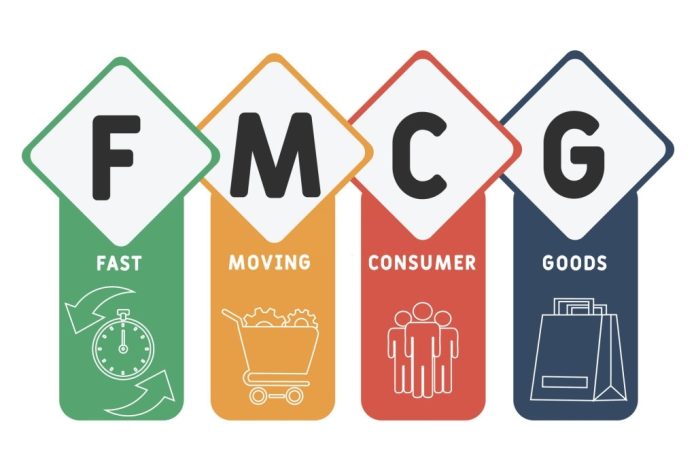Manufacturers have been put in a tight spot as six out of 10 Nigerians have switched brands due to volatile interest rates, rising inflation, cost of goods, unemployment and economic recession, which are currently ravaging the economy.
This was disclosed by the Associate Director, Retail Intelligence, NielsenIQ Nigeria, West Africa, Joyce Nwachukwu, in a research carried out by NIQ, a retail and consumer insight company. Nwachukwu said that 63 per cent of Nigerian consumers feel they are in worse financial conditions ever compared to 38 per cent of global consumers, making them cautious of their spending as across all continents, where double-digit price increase has been recorded.
She said that though sub-Saharan Africa (SSA) has been experiencing slower growth from the rebound of the 2021 pandemic, however, there are still opportunities available, fueled by its population growth, which would lead to urbanisation and industrialisation. To the Managing Director, NIQ East and West Africa, Faith Wanderi, with the high inflation, poverty, unemployment, rise in fuel prices and forex crisis, it is important for companies to know areas to focus their energy. She said in order to drive success in the current situation; organisations need to focus on good innovation and activation.
He noted that Nigerians are concerned about food and grocery prices, followed by fuel and transport costs, economic downturn and are looking to spend less on clothing, snacks, out of home dining and others. He added that almost six in every 10 shoppers have switched brands in the past one year due to increase in prices resulting from tighter wallets.
Executive Consultant, Drugs and Medicament Nigeria Limited, Chidi Okoro, said the government has to allow traditional and modern trade systems to thrive. He stated that traditional trade remains key in the market, contributing to 98 per cent of the market, adding that both modern and traditional trade markets see growth in value but decline in volumes in Fast-Moving Consumer Goods (FMCG).


